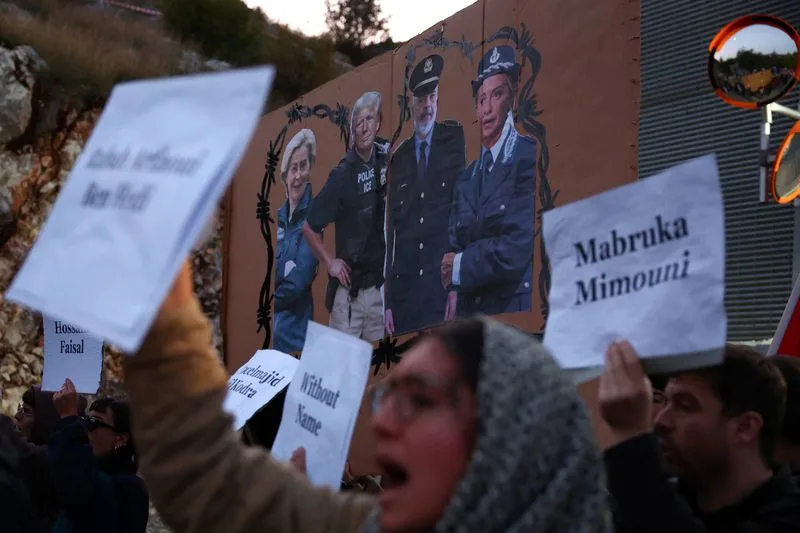Italian Prime Minister Giorgia Meloni has reiterated that her government is fully committed to continuing the transfer of sea migrants to Albania, even in the face of judicial opposition and growing criticism from activists and human rights organizations. She made the remarks during a high-level summit in Rome with Albanian Prime Minister Edi Rama, highlighting Italy’s determination to pursue the controversial policy.
The program involves transferring migrants who arrive by sea in Italy to camps in Albania, where their asylum claims are processed. The scheme has sparked legal challenges in Italy, with courts questioning the legality of sending migrants to another country without fully assessing their protection needs and the conditions of the camps in Albania. Critics argue that it risks violating international human rights obligations and could put migrants in vulnerable situations.
Despite these concerns, Meloni emphasized that the transfers are essential for managing Italy’s irregular migration flows and reducing pressure on overcrowded coastal reception centers. Italy has faced a surge in sea arrivals in recent years, and the government presents the Albania program as a necessary measure to ensure an orderly and controlled migration system.
Activists from Italy, Albania, and other European countries have staged protests against the migrant camp scheme. They argue that the camps lack proper oversight, restrict freedom of movement, and fail to provide adequate living conditions. A widely circulated poster during demonstrations depicted European Commission President Ursula von der Leyen, U.S. President Donald Trump, and the two prime ministers, reflecting the perceived international implications of the policy.
Meloni and Rama also discussed strengthening bilateral cooperation on migration management, with Albania agreeing to host the migrants temporarily while Italy maintains responsibility for their asylum processing. Italian authorities maintain that the policy complies with EU law and international agreements, arguing that the transfers help protect both migrants and Italian coastal communities from uncontrolled arrivals.
The summit marks a clear signal that Italy intends to resist legal pressure and continue implementing its migration strategy, despite public criticism. The government also seeks to present the Albania scheme as a model for regional cooperation on migration management, which could influence other EU countries facing similar pressures.
While the program continues, European observers and human rights groups are closely monitoring conditions in Albanian migrant camps, raising questions about whether Italy’s policy balances border control with humanitarian protection and legal compliance.
This ongoing policy highlights the complex challenges of migration in the Mediterranean, combining political, legal, and ethical dimensions as Italy navigates pressures from domestic constituencies, EU obligations, and international scrutiny.

